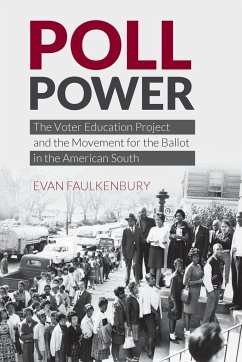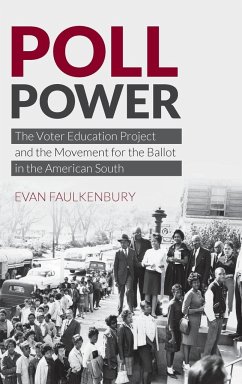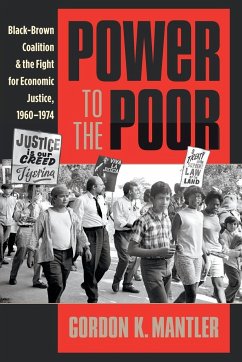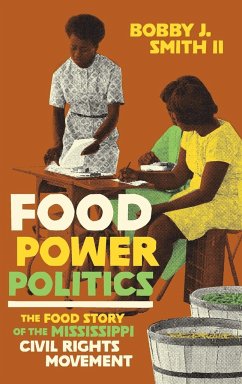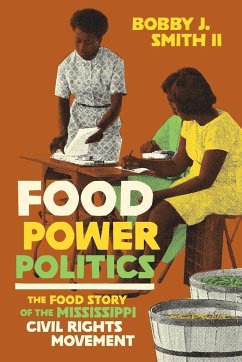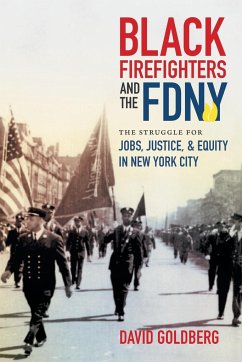The civil rights movement required money. In the early 1960s, after years of grassroots organizing, civil rights activists convinced nonprofit foundations to donate in support of voter education and registration efforts. One result was the Voter Education Project (VEP), which, starting in 1962, showed far-reaching results almost immediately and organized the groundwork that eventually led to the Voting Rights Act of 1965. In African American communities across the South, the VEP catalyzed existing campaigns; it paid for fuel, booked rallies, bought food for volunteers, and paid people to canvass neighborhoods. Despite this progress, powerful conservatives in Congress weaponized the federal tax code to undercut the important work of the VEP. Though local power had long existed in the hundreds of southern towns and cities that saw organized civil rights action, the VEP was vital to converting that power into political motion. Evan Faulkenbury offers a much-needed explanation of how philanthropic foundations, outside funding, and tax policy shaped the southern black freedom movement.
Hinweis: Dieser Artikel kann nur an eine deutsche Lieferadresse ausgeliefert werden.
Hinweis: Dieser Artikel kann nur an eine deutsche Lieferadresse ausgeliefert werden.

